“Seventh round of dialogue resembled Rambouillet talks”
Serbian parliament's Committee on Kosovo Chairman Milovan Drecun says “unacceptable” conditions were presented to Serbia in the latest round of the dialogue.
Thursday, 21.03.2013.
16:38

BELGRADE Serbian parliament's Committee on Kosovo Chairman Milovan Drecun says “unacceptable” conditions were presented to Serbia in the latest round of the dialogue. Drecun said the situation was “similar to the one in Rambouillet and Serbia was offered something everybody knew in advance it could not accept because it was below the minimum of national interests”. “Seventh round of dialogue resembled Rambouillet talks” “The fact is that what was offered as Pristina’s concession does not represent any essential step forward – we will not turn a community of Serb municipalities into an NGO,” Drecun, MP of the ruling SerbProgressive Party (SNS), told reporters. He said that no step forward had been made and that not even a “middle level of Serbia’s request and proposals for a compromise solution” was respected. Drecun did not want to speak about details of the requests presented to Serbia, stating it was a question for those who had participated in the dialogue. “We cannot accept that the community of Serb municipalities be reduced to a level of a non-governmental organization, it has to have a level of executive powers,” he said. He claims that the proposal is aimed at “buying time and saving what can be saved”. The Committee on Kosovo chairman stressed that what Pristina was trying to offer with Brussels' help was irresponsible and “if they want progress in the dialogue, others will have to try harder because Belgrade has done everything it could”. “If someone thinks they can accuse us now of a possible failure in the process of reaching the agreement, this is a part of something that is not called a realpolitik,” Drecun pointed out. “The biggest problem in the dialogue is that Pristina is not ready to make an essential compromise and that is to give executive powers to the community of Serb municipalities,“ he said and added that there would be no room for a deal if the Serb municipalities were not given at least some significant executive powers. “Therefore, it is up to (EU High Representative Catherine) Ashton to exert pressure on Serbia,” Drecun explained. According to him, it is time for the Serbian government to consult parliament in order to determine what to do in this situation bearing in mind that the latest development will make room for speculations because details of the talks have not been made public yet. “The public needs to know what problems we are facing. The Committee sent a request to the prime minister at the last session to inform us. It would be the best if someone from the executive authorities came and informed us and told us ‘they put these conditions before us’, so we can assess together what we should do,” Drecun noted. However, he said he did not believe that the dialogue could be suspended and stressed that it was evident that negotiators “are wearing lead boots” but that every, even the smallest step forward was precious because it gave hope that a sustainable agreement would be reached. First Deputy Prime Minister Aleksandar Vucic said at a government session on Thursday that an “unacceptable” paper had been offered to Serbia in Brussels. No agreement was reached during the seventh round of the Belgrade-Pristina dialogue on Wednesday in Brussels. However, Serbia and Kosovo’s PMs Ivica Dacic and Hashim Thaci agreed that certain progress had been made in the dialogue. Milovan Drecun (Tanjug, file) Tanjug
“Seventh round of dialogue resembled Rambouillet talks”
“The fact is that what was offered as Priština’s concession does not represent any essential step forward – we will not turn a community of Serb municipalities into an NGO,” Drecun, MP of the ruling SerbProgressive Party (SNS), told reporters.He said that no step forward had been made and that not even a “middle level of Serbia’s request and proposals for a compromise solution” was respected.
Drecun did not want to speak about details of the requests presented to Serbia, stating it was a question for those who had participated in the dialogue.
“We cannot accept that the community of Serb municipalities be reduced to a level of a non-governmental organization, it has to have a level of executive powers,” he said.
He claims that the proposal is aimed at “buying time and saving what can be saved”.
The Committee on Kosovo chairman stressed that what Priština was trying to offer with Brussels' help was irresponsible and “if they want progress in the dialogue, others will have to try harder because Belgrade has done everything it could”.
“If someone thinks they can accuse us now of a possible failure in the process of reaching the agreement, this is a part of something that is not called a realpolitik,” Drecun pointed out.
“The biggest problem in the dialogue is that Priština is not ready to make an essential compromise and that is to give executive powers to the community of Serb municipalities,“ he said and added that there would be no room for a deal if the Serb municipalities were not given at least some significant executive powers.
“Therefore, it is up to (EU High Representative Catherine) Ashton to exert pressure on Serbia,” Drecun explained.
According to him, it is time for the Serbian government to consult parliament in order to determine what to do in this situation bearing in mind that the latest development will make room for speculations because details of the talks have not been made public yet.
“The public needs to know what problems we are facing. The Committee sent a request to the prime minister at the last session to inform us. It would be the best if someone from the executive authorities came and informed us and told us ‘they put these conditions before us’, so we can assess together what we should do,” Drecun noted.
However, he said he did not believe that the dialogue could be suspended and stressed that it was evident that negotiators “are wearing lead boots” but that every, even the smallest step forward was precious because it gave hope that a sustainable agreement would be reached.
First Deputy Prime Minister Aleksandar Vučić said at a government session on Thursday that an “unacceptable” paper had been offered to Serbia in Brussels.
No agreement was reached during the seventh round of the Belgrade-Priština dialogue on Wednesday in Brussels. However, Serbia and Kosovo’s PMs Ivica Dačić and Hashim Thaci agreed that certain progress had been made in the dialogue.















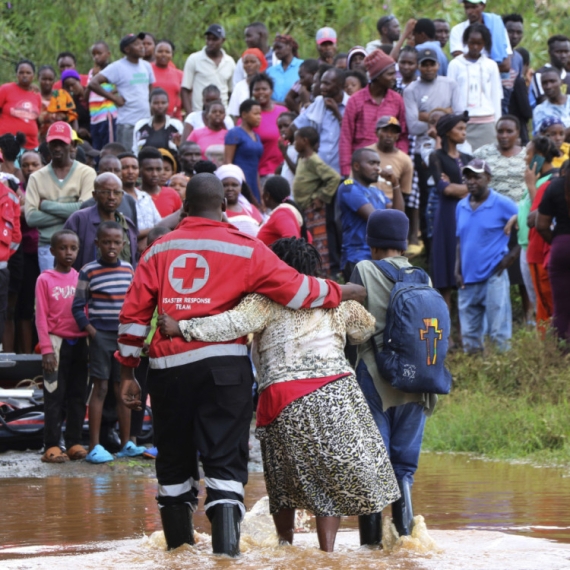
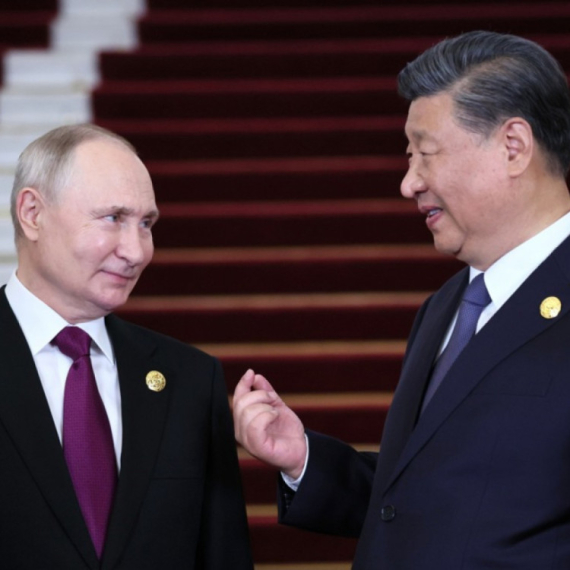
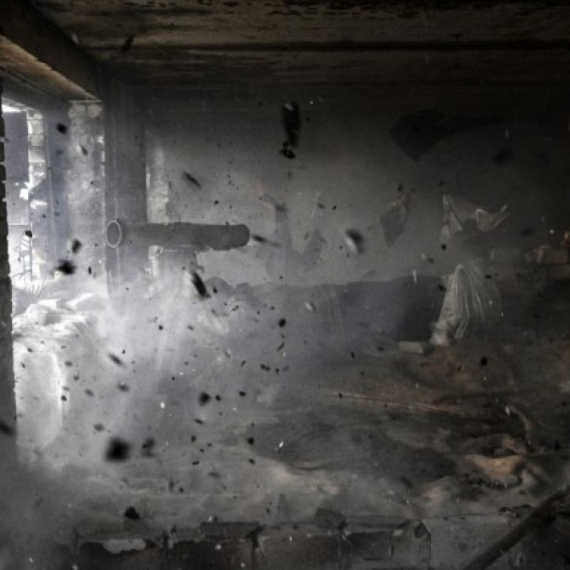
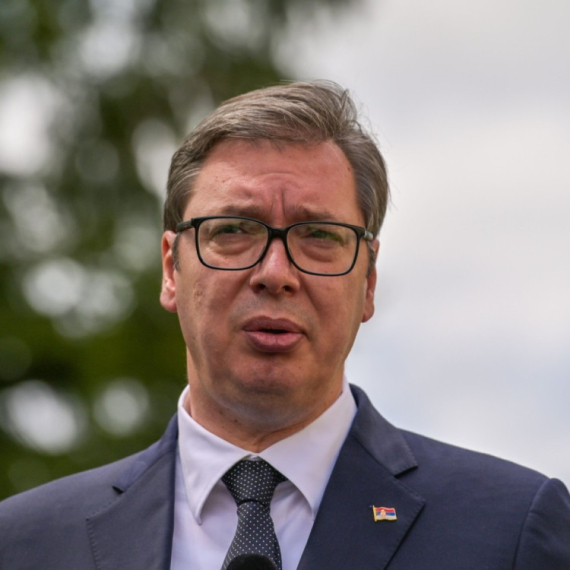

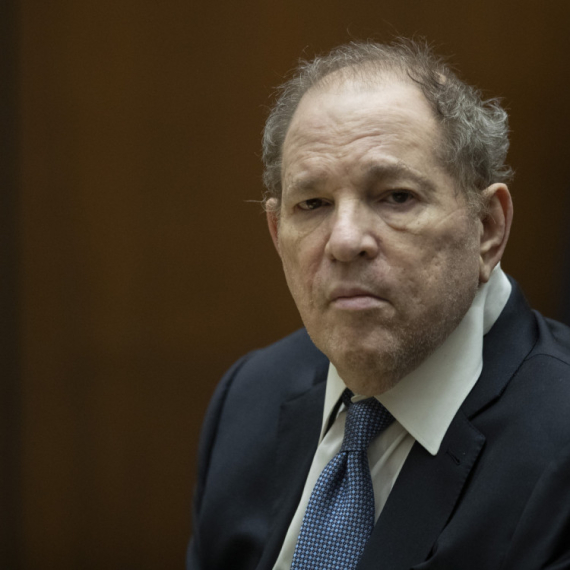



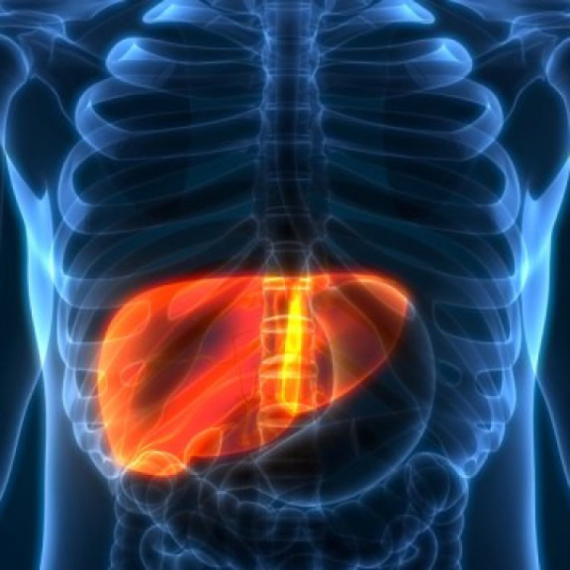

































Komentari 1
Pogledaj komentare